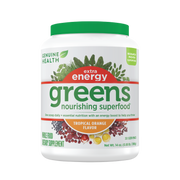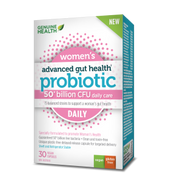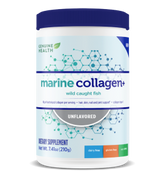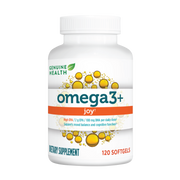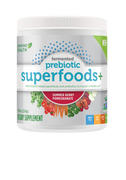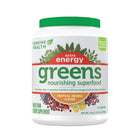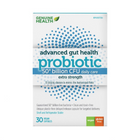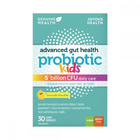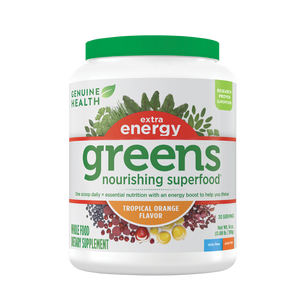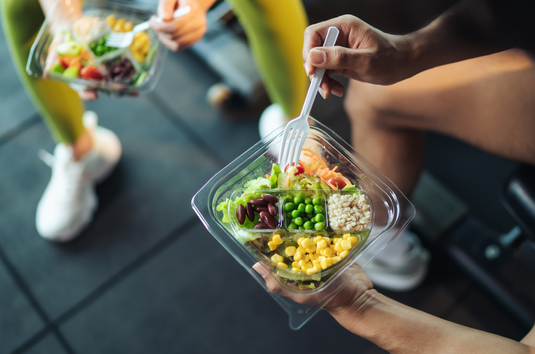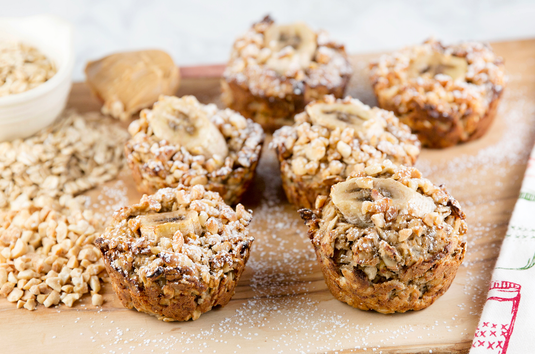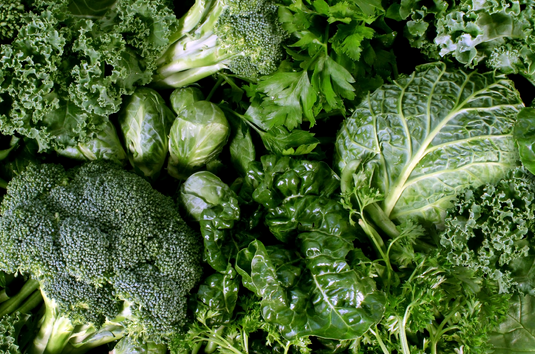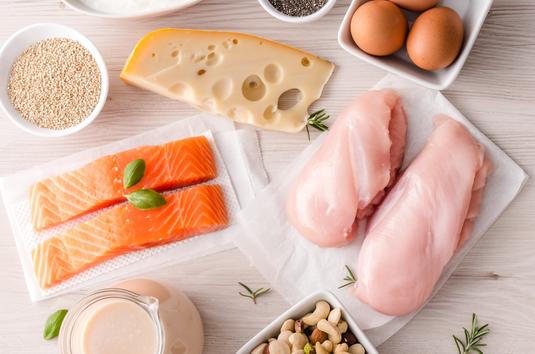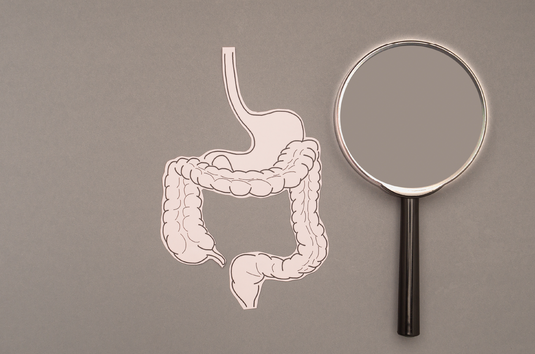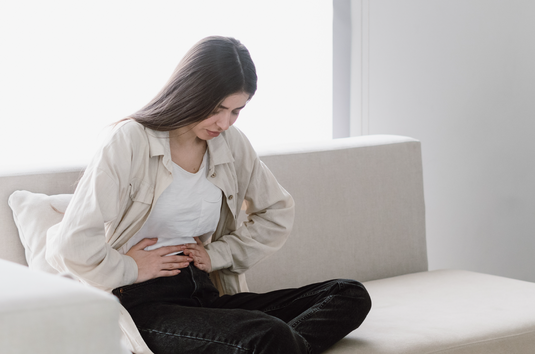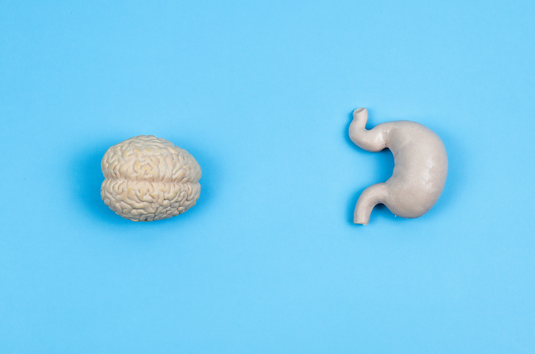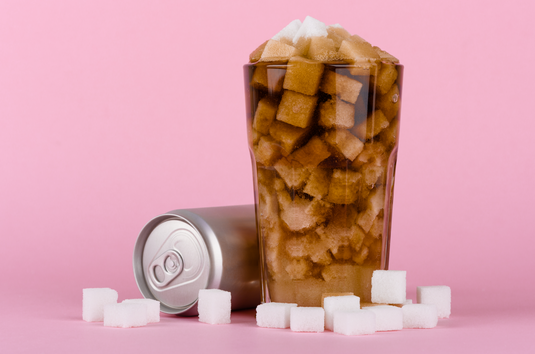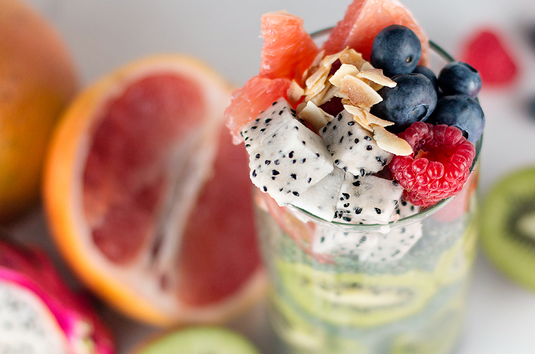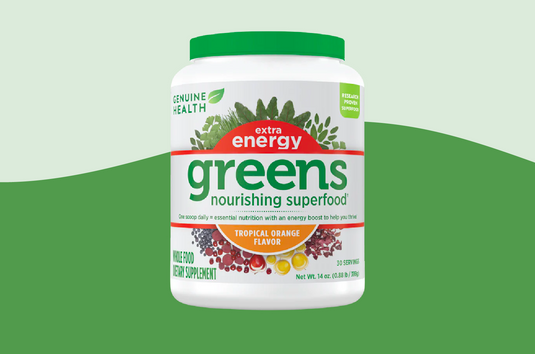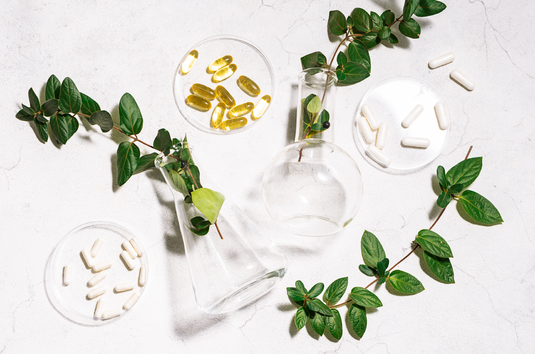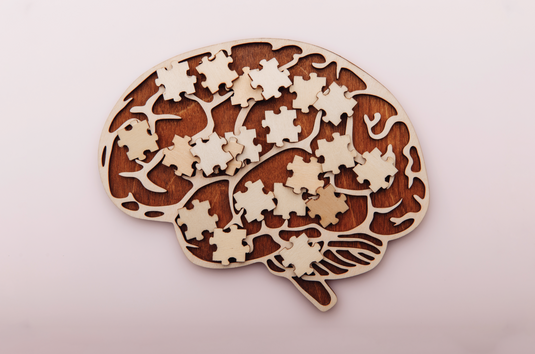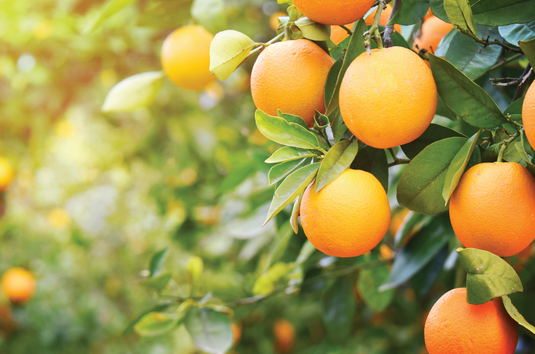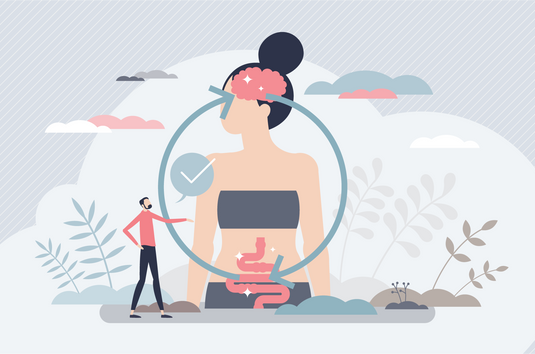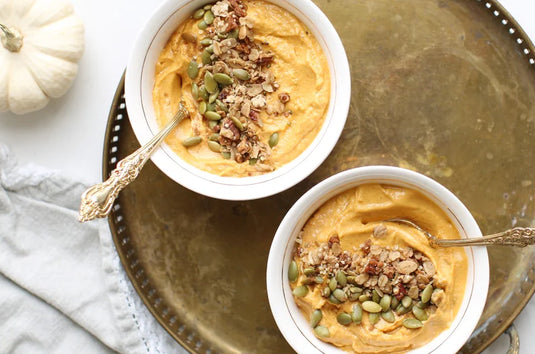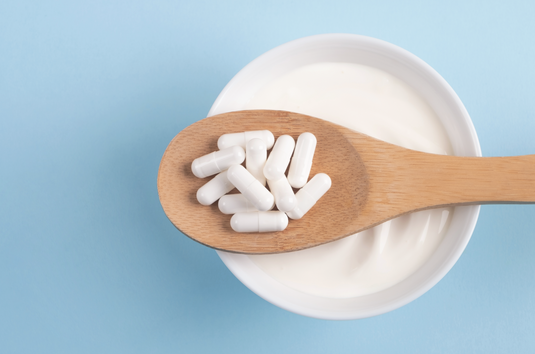Boost Your Mood With These 4 Foods
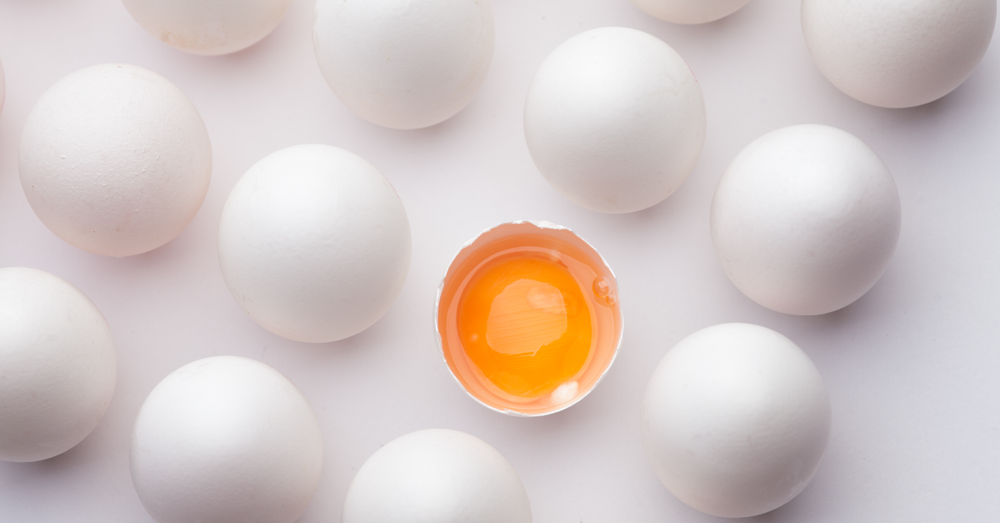
Can your food affect your mood? The link between poor diet and depression has been long known, but the direction of causality has been uncertain. Of course, when we're depressed we tend to reach for lower quality comfort foods, but can reaching for lower quality comfort foods more often cause us to become depressed? And if we're depressed, can improving our diets improve our symptoms?
New research is paving the way toward greater clarity. One small but important trial, run out of Deakin University’s Food and Mood Centre, by Felice Jacka, a nutritional psychiatrist and Town Hall Medicine Microbiome Summit speaker, involved men and women who were taking antidepressants and/or were in regular psychotherapy. All of the subjects had pretty unhealthy diets at the start, with low intakes of fruits and vegetables, little daily dietary fiber, and lots of sweets, processed meats, and salty snacks. Half of the subjects were placed on a healthy diet (more on this below). The other half continued eating their usual diets and were required to attend social support “befriending” sessions.
Before and after the 3-month study, everyone’s depression symptoms were graded on a common depression scale. After 3 months, people in the intervention group saw their scores improve on average by about 11 points. Thirty-two percent had achieved scores so low that they no longer met criteria for depression! Meanwhile, people in the social support group with no dietary intervention improved by only about 4 points, and only 8% achieved remission.
What’s the takeaway? Poor diet may drive depression, and that healthy food may act as a powerful antidepressant! Here are 4 key foods to include in your diet:
References:
New research is paving the way toward greater clarity. One small but important trial, run out of Deakin University’s Food and Mood Centre, by Felice Jacka, a nutritional psychiatrist and Town Hall Medicine Microbiome Summit speaker, involved men and women who were taking antidepressants and/or were in regular psychotherapy. All of the subjects had pretty unhealthy diets at the start, with low intakes of fruits and vegetables, little daily dietary fiber, and lots of sweets, processed meats, and salty snacks. Half of the subjects were placed on a healthy diet (more on this below). The other half continued eating their usual diets and were required to attend social support “befriending” sessions.
Before and after the 3-month study, everyone’s depression symptoms were graded on a common depression scale. After 3 months, people in the intervention group saw their scores improve on average by about 11 points. Thirty-two percent had achieved scores so low that they no longer met criteria for depression! Meanwhile, people in the social support group with no dietary intervention improved by only about 4 points, and only 8% achieved remission.
What’s the takeaway? Poor diet may drive depression, and that healthy food may act as a powerful antidepressant! Here are 4 key foods to include in your diet:
- Phytonutrients. Foods containing phytonutrients, like fruits, vegetables and high quality extra virgin olive oil can help to soothe gut bacteria, and support a healthy inflammatory response†. fermented organic gut superfoods+, made with 22 fermented superfoods like organic cabbage, cauliflower, kale, grape, pomegranate, bitter melon and sea buckthorn, is rich in phytonutrients that can support a healthy inflammatory response†. The link between inflammation and mood disorders is just starting to be understood, and the consumption of plant foods is indeed linked to better mood.
- Raw unsalted nuts. Nuts are a great source of healthy fats, fat-soluble antioxidants, and important minerals. Almonds in particular are packed with magnesium, with one ounce containing about 20 percent of your daily value. In one trial, magnesium supplementation significantly improved symptoms of depression in people with low magnesium levels.1
- Grass-fed red meat. Most red meat in Australia—where the trial was performed—comes from grass-fed cows, an important caveat. In fact, the same researchers behind the SMILES trial had previously found that women who did not consume 3-4 servings of red meat per week were twice as likely to have a diagnosed depressive or anxiety disorder.2 Grass-fed red meat provides an abundance of brain-supporting compounds such as vitamin B12, zinc, carotenoids, and vitamin E, which may support your mood as well.
- Eggs. Eggs are packed with brain-boosting nutrients such as DHA fat (when the eggs are pasture raised or omega-3 fortified), and choline. In one large population–based study, choline concentrations in the blood were negatively associated with anxiety symptoms. Higher levels of choline, less anxiety.
References:
- Rajizadeh A et al, Effect of magnesium supplementation on depression status in depressed patients with magnesium deficiency: A randomized, double-blind, placebo-controlled trial. Nutrition Journal. 2016.10.014.
- Jacka FN et al. Red meat consumption and mood and anxiety disorders.
Psychother Psychosom. 2012;81(3):196-8.



